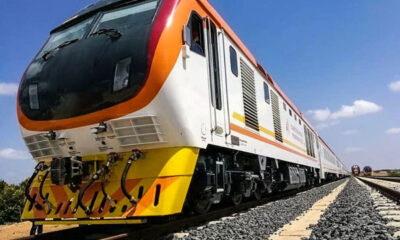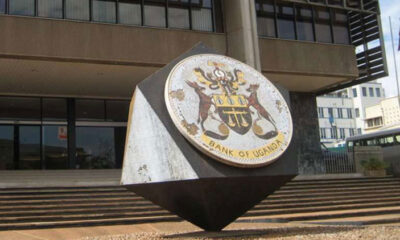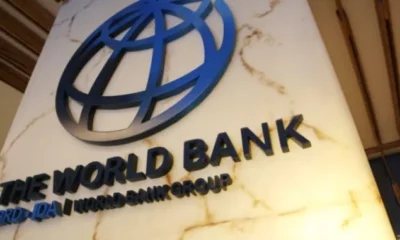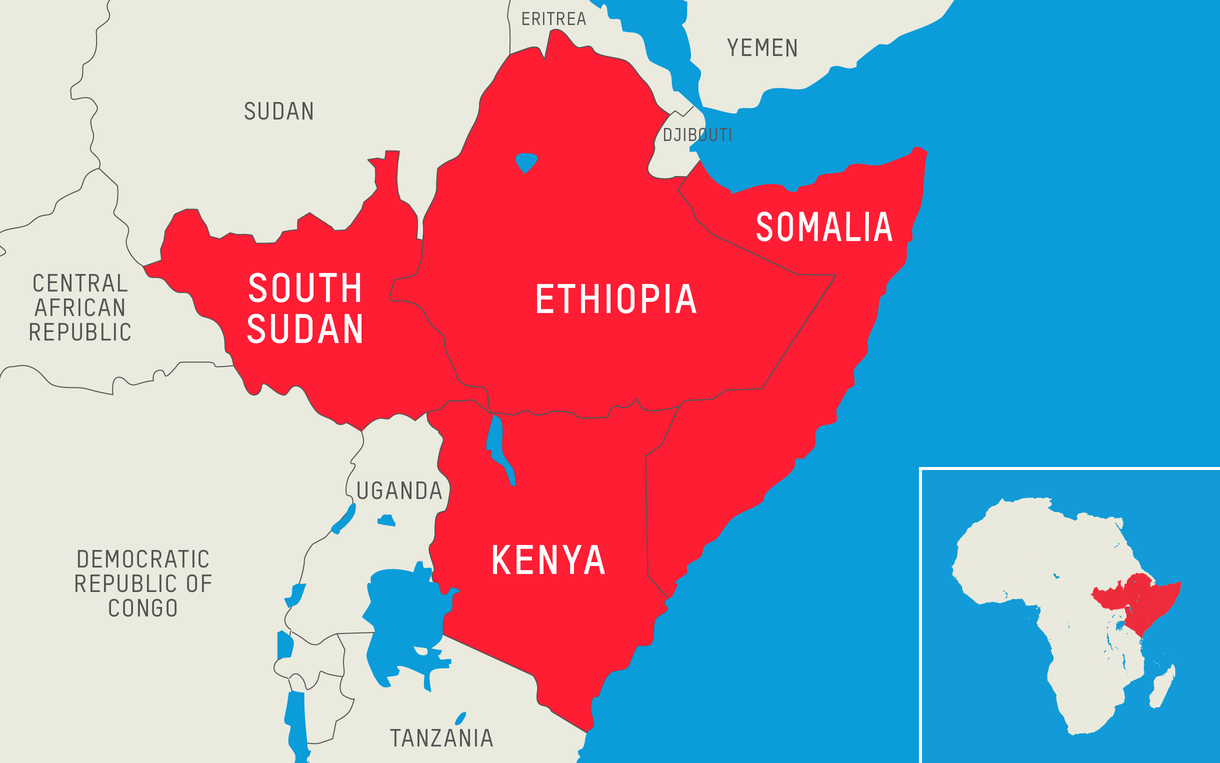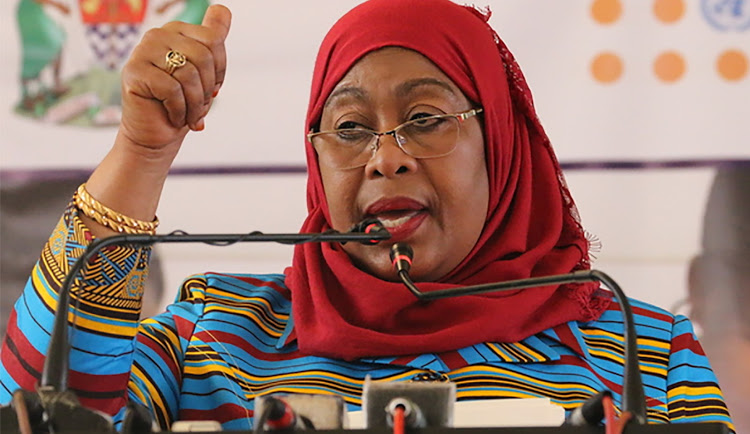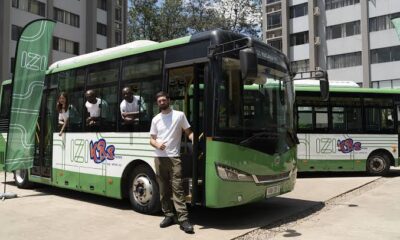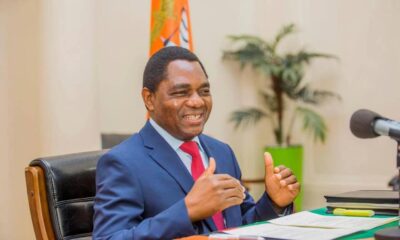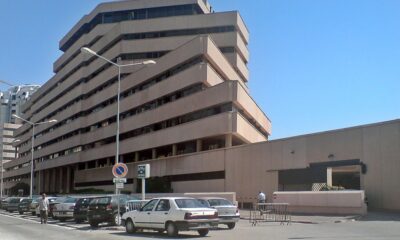The recently concluded parliamentary elections in Uganda has brought the number of parliamentarians to 478 up from 375 in the 9th parliament and all the way up from 92 legislators in Uganda’s first parliament (representing a near 420% increase). In the same period, the population of Uganda has grown to about 42.5m (2018 estimate) up from 7.1m in 1962 (representing a whopping 499% growth in the same period). People may argue that the growth in number of Legislators has kept pace with the growth in population (an average annual growth rate of about 3.3%), but should they?
Taking a closer look at our executive, and you discover that we currently have about 80 ministers (Cabinet and state). When you add other executive appointments like RDCs, ARDCs, Presidential advisors, etc., the size of our presidential appointees, that report directly to the president, makes it not only impossible but extremely discomforting for the head of state. No wonder some of them have been perennially complaining that they can’t even get an appointment with him.
A quick look at the best Governments in the world (the Top 25 well governed countries in the world) reveals Switzerland on top and Cyprus as number 25. What is interesting (although not surprising) to note is that there is no single African country on this list. What is more interesting also is that seven (07) of the 25 countries on the list are also on the list of Top countries with the smallest Executive to GDP per capita. This is a list with the smallest governments (Size) relative to their GDPs. Topping that list is Andorra with only 12 Members on their top governing executive followed by Hungary at 14, Estonia at 15, Luxembourg at 18, Japan at 20, Hong Kong at 21, Singapore at 21, Sweden at 23, USA at 23, Costa Rica at 25 and China at 35. Now, please note that China (People’s Republic) is the most densely populated country at more than 1.3bn people. But these are governed by 35 people including the Head of state.
It is no wonder therefore, that the 7 countries (Sweden, Luxembourg, USA, Singapore, Japan, Hong Kong, & Estonia) with the leanest governments are also among the best governed. There is a correlation between the size of government and the efficiency of service delivery. Whereas we are busy splitting every village into a district, across the borders and into the global scene, countries are creating trading blocks. It therefore defeats my understanding how we can be aspiring for the EA Community and at the same time splitting districts along small tribal/ clan lines. For example, the split of Mitooma District into 2 constituencies was done in such a way that 3 of the 11 sub counties (predominantly occupied by Bakiga) made a separate constituency leaving the other 8 sub counties with another constituency. Does that bother our leaders? Maybe not. It doesn’t make sense at all, other than quenching the large political thirst by our politicians/ leaders.
Read Also: The voice of the people is NOT the voice of God
My proposal therefore would be to consolidate Uganda’s cabinet to at most 25 members excluding the president and not more than 80 members of parliament (actually, this can be kept with in less than 50 members, with a good formula which I will delve into in my future articles). This should automatically kick out members on the affirmative action since members have now matured and can compete effectively. Also, the Army representatives should not have a place in a multiparty dispensation considering that they are serving soldiers. We should go back on to a consolidation path rather than a disintegration path (for example why have more than 10 representatives in greater Bushenyi when only 2 or 3 would suffice. Or even one), and the same can be said of the Kabale Region, Kisoro, Kasese, Fortportal, Masindi, greater Masaka, Wakiso, Kampala, Jinja, Soroti, Lira, Apach, Kapchorwa etc. We would end up with high quality representatives, who are more willing to work for the people and are not easy to bribe. They would be more accountable…
Lastly, I would propose a Lean cabinet with only 10 cabinet and 15 state ministers as below:
Cabinet Positions (Ministries)
1 Agriculture
2 Education, Culture & Entertainment
3 Commerce (Finance, Trade and Investment)
4 Infrastructure (Transport, energy)
5 ICT & Innovation
6 Legal & Constitutional Affairs (Attorney General)
7 International Relations
8 Defence & Security affairs
9 Health & Human Services
10 Prime Minister
State Ministers
1 Land and Agriculture
2 Sports & Entertainment
3 Culture & Social Affairs
4 Financial Inclusion (Cooperatives etc)
5 Finance & Planning
6 Transportation (Road, Railway, Air, Water)
7 Urban & Rural Planning
8 Energy Services
9 Internal Security
10 External Security
11 Tourism & Market Promotion
12 Youth & Women affairs
13 Presidential affairs
14 Civil & Public servants
15 Research & Development
With the above lean government, I would be ready to launch Uganda into Middle Income economy and beyond!, Please note, there is no slot for the Vice president in my cabinet!
Commentator….Martin Bakundana, a CMCRC research scholar

 Metro2 days ago
Metro2 days ago
 VenturesNow2 days ago
VenturesNow2 days ago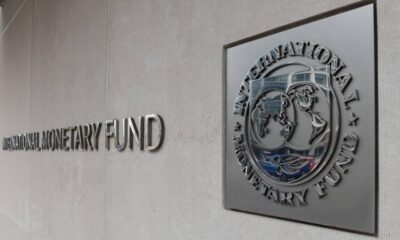
 VenturesNow2 days ago
VenturesNow2 days ago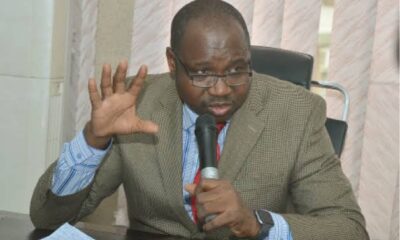
 Metro16 hours ago
Metro16 hours ago

